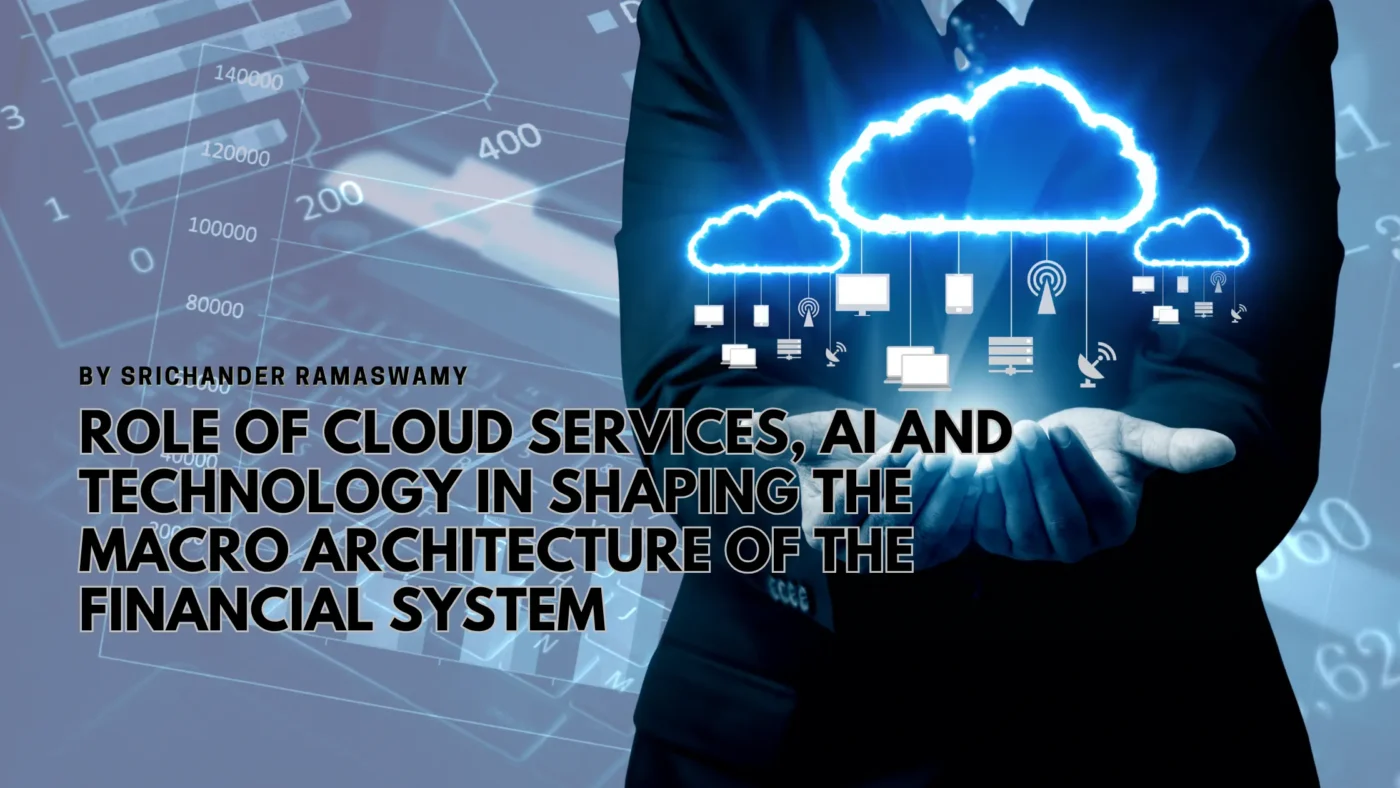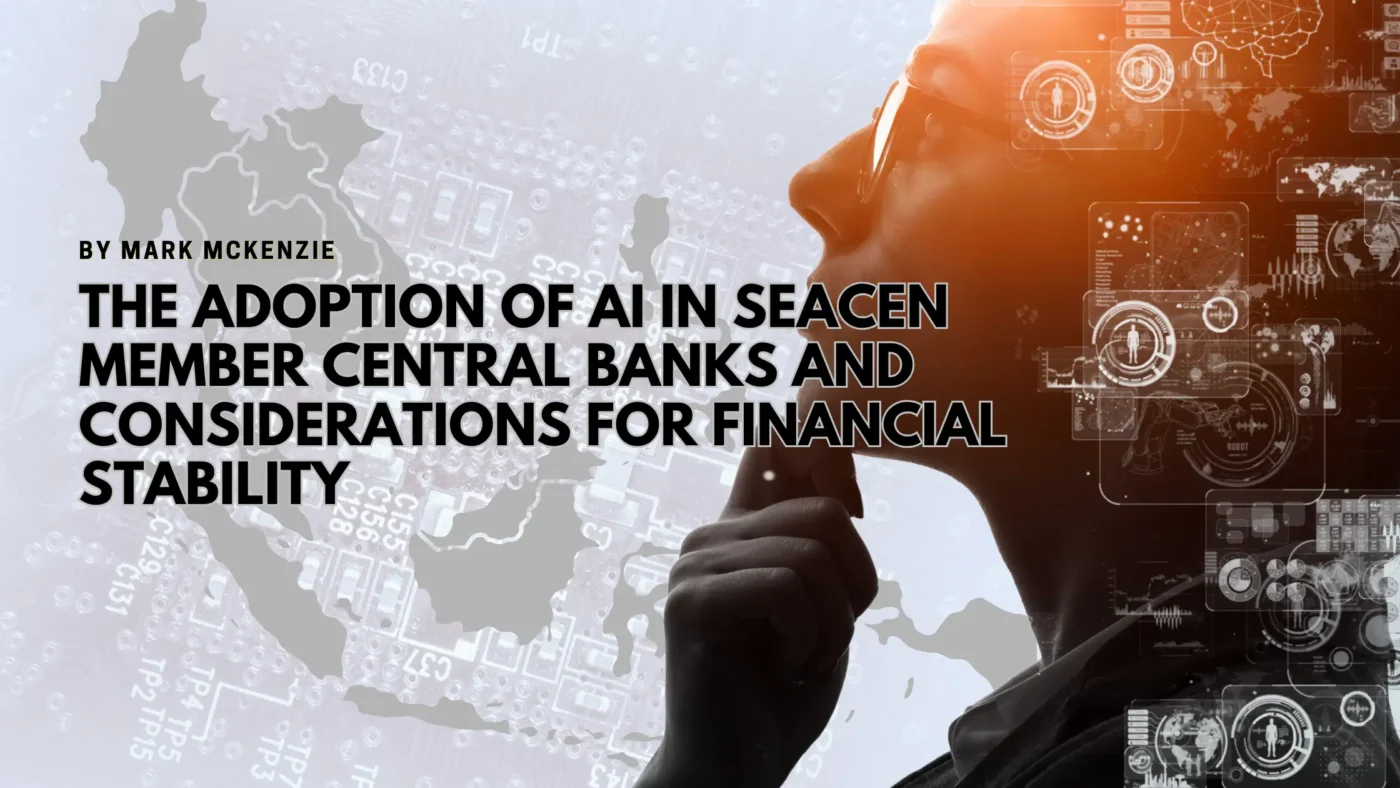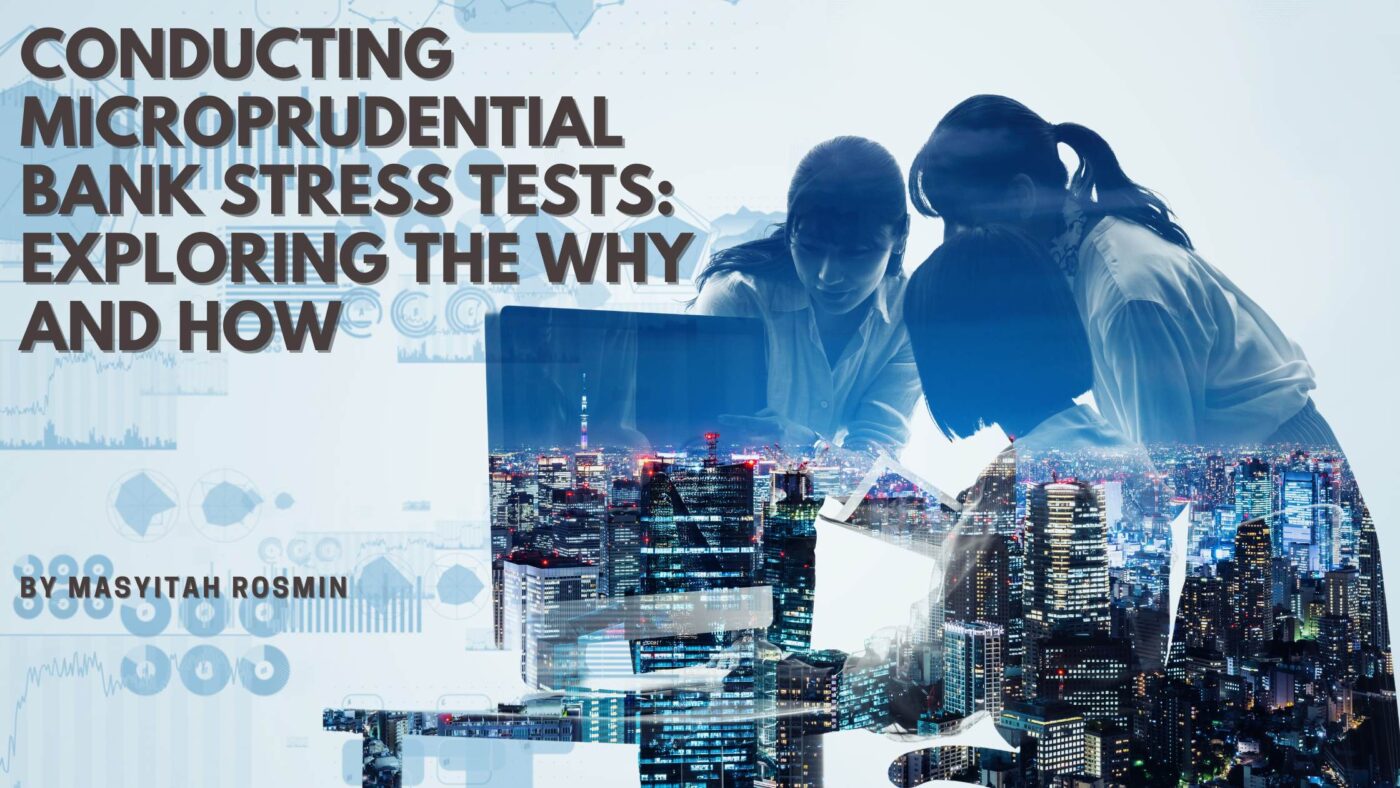Stablecoins have become one of the most debated topics in contemporary financial policymaking, especially following the enactment of the GENIUS Act in the United States. Beyond the U.S.—and outside monetary jurisdictions whose exchange rate regimes and monetary policies are closely aligned with the U.S. dollar—policy responses have diverged significantly, ranging from outright bans, as in […]
Tag Archives: financial stability
Background The financial system has undergone a significant transformation in recent years, driven by rapid advancements in cloud computing, artificial intelligence (AI), and other emerging technologies for payments. These have had a profound impact on how banks do business, people interact with banks, and customers make payments for goods and services. Advancements in digital technology […]
1. Introduction The digitalization, the rise of crypto-assets and the advancement of technologies, such as distributed ledger technologies, have fuelled an unprecedented wave of innovations in payments and spurred many Central Bank Digital Currencies (CBDCs) projects over the past decade[1]. Central banks worldwide have been actively exploring solutions to preserve financial stability and safeguard monetary […]
The purpose of this blog is to explore the adoption of AI in SEACEN’s member central banks (MCBs) and explore the risks to financial stability, and how central banks and regulators should respond.
1. Introduction A Central Bank Digital Currency (CBDC) has emerged as one of the most significant trends reshaping the global financial landscape. Central banks around the world are actively exploring this innovation, with the latest BIS survey in 2024 revealing that 94% of the 86 surveyed central banks are investigating CBDCs. This movement resembles a […]
The swift downfall of Silicon Valley Bank (SVB) amidst the recent banking crisis in the United States has sparked renewed curiosity regarding the potential impact of central bank digital currencies (CBDCs) on financial stability. The collapse of Silicon Valley Bank has started a stampede in the outflow of deposits from banks. Bank deposits have fallen […]
Stablecoins are a type of digital asset that purports to maintain a stable value by referencing physical, financial or virtual assets (FSB (2020)). They can be further differentiated into currency-based, financial instrument-based, commodity-based and crypto asset-based stablecoins. There are also algorithmic stablecoins that aim to maintain a stable value via protocols that provide for the […]
Maintaining confidence and the smooth functioning of financial markets[i] Since the initial publication of this blog post, this article has been further developed into a full fledged SEACEN Policy Analysis Paper, which has been published on the SEACEN Centre Website on 15 May 2020. The paper can be accessed here. As the world shelters from […]
This is the second of a two-part series of our discussion on COVID-19, financial stability and business continuity management (BCM). In Part A we discussed the steps regulatory authorities can take to implement their own BCM programs, and expect from their regulated FIs, during the current pandemic. This blog post is Part B, and is […]
- 1
- 2










